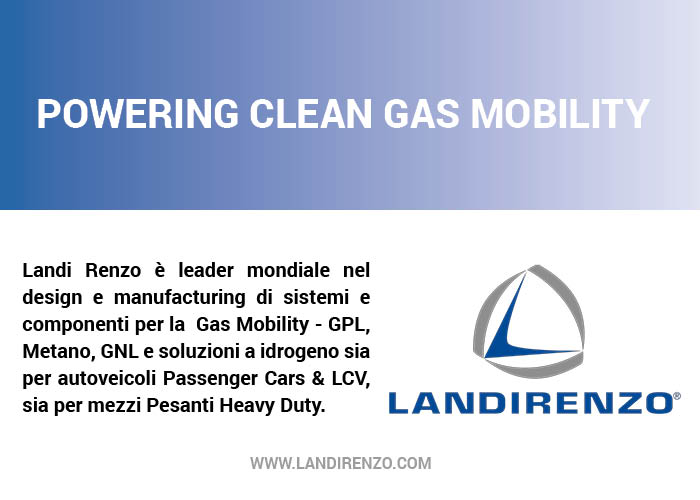The ambitious climate package adopted in July by the European Commission to lead the EU to reduce emissions by 55% by 2030 compared to the 1990’s levels and achieve full climate neutrality (zero net emissions) by 2050 creates a lot of discussion. It is a debate that involves not only car manufacturers, but also the world of alternative fuels, which feels unfairly excluded from the “good guys”. In fact, one of the most controversial aspects concerns zero emissions label, reserved only for electricity. It is scandalously measured only at the exhaust, but not in the entire life cycle! The package, despite the calls for technological neutrality addressed in recent months by national and international associations to the European institutions, does not adequately take into account the great contribution to decarbonisation that can derive from the immediate and larger-scale use of renewable fuels, such as bio methane in primis. Talking about zero emissions requires an approach that does not only consider exhaust emissions. This assumption has been universally denied by numerous studies that propose to evaluate global emissions for the production, use and disposal of vehicles using the LCA (from cradle to the grave) analysis.
Fit for 55, where are we heading to?
Typography
- Font Size
- Default
- Reading Mode





















